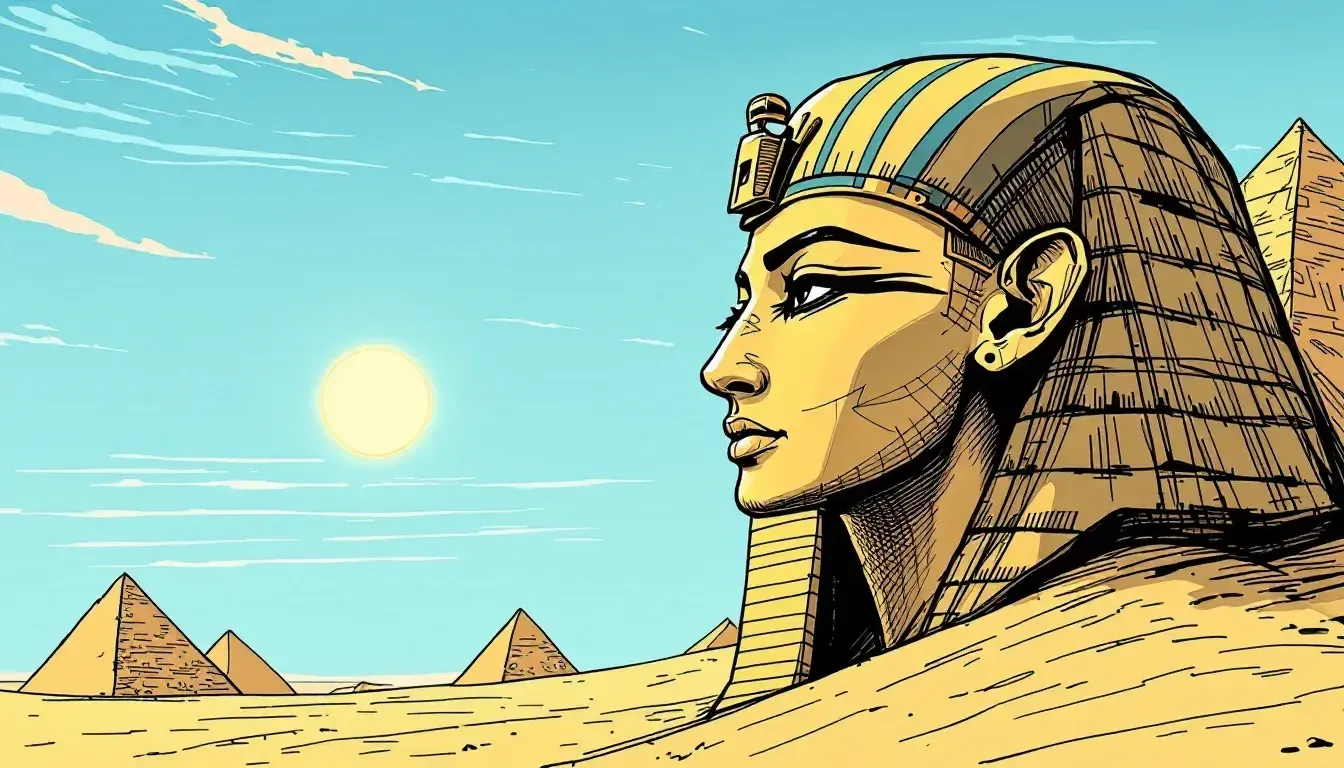When Beauty Became Protection

Rea,
Have you ever put on sunscreen before going outside? Just like sunscreen protects your skin, ancient Egyptians had their own way of protecting their eyes — but for thousands of years, everyone thought they were just trying to look beautiful.
Around 4000 BCE, Egyptians of all social classes — from pharaohs to farmers — lined their eyes with a dark black substance called kohl. Archaeologists found small containers of this makeup in nearly every tomb they excavated. For centuries, historians assumed Egyptians wore this dramatic eyeliner purely for religious or beauty reasons. The distinctive almond-shaped eye became one of the most recognizable symbols of Egyptian culture.
But in 2010, French scientists made a surprising discovery when they analyzed 52 samples of ancient Egyptian kohl. The makeup contained lead salts that, when applied around the eyes, actually killed up to 95% of harmful bacteria. In a time before antibiotics, this simple cosmetic was secretly fighting off eye infections that were common in the dusty desert environment.
Even more fascinating, researchers found that kohl reduced glare from the harsh Egyptian sun by absorbing light around the eyes. The black powder contained specific minerals that scattered sunlight, similar to how modern athletes put black grease under their eyes during outdoor games. What looked like fashion was actually a practical solution to desert living.
The Egyptians themselves may not have fully understood the science behind why their eye makeup kept them healthier. They simply observed that people who wore kohl suffered fewer eye problems. This knowledge passed down through generations, becoming part of their daily routine and cultural identity.
Modern scientists now study ancient remedies like this to develop new medicines. A traditional practice that seemed purely decorative turned out to be an early form of preventive medicine. The Egyptians had stumbled upon a solution that worked, even without understanding exactly why.
This discovery changed how archaeologists look at ancient practices. What other “beauty rituals” or traditions from the past might actually have hidden practical purposes? Sometimes the most effective solutions don’t come with scientific explanations attached — they come from generations of careful observation and practical experience.
The story of Egyptian kohl reminds us that wisdom often hides in unexpected places. Like a beautiful mask that secretly provides protection, sometimes the most valuable knowledge doesn’t announce its purpose right away.
Love, Abba
P.S. Next time you see something that seems to be just for show, try asking yourself: “Could this have a hidden practical purpose I’m not seeing?”

